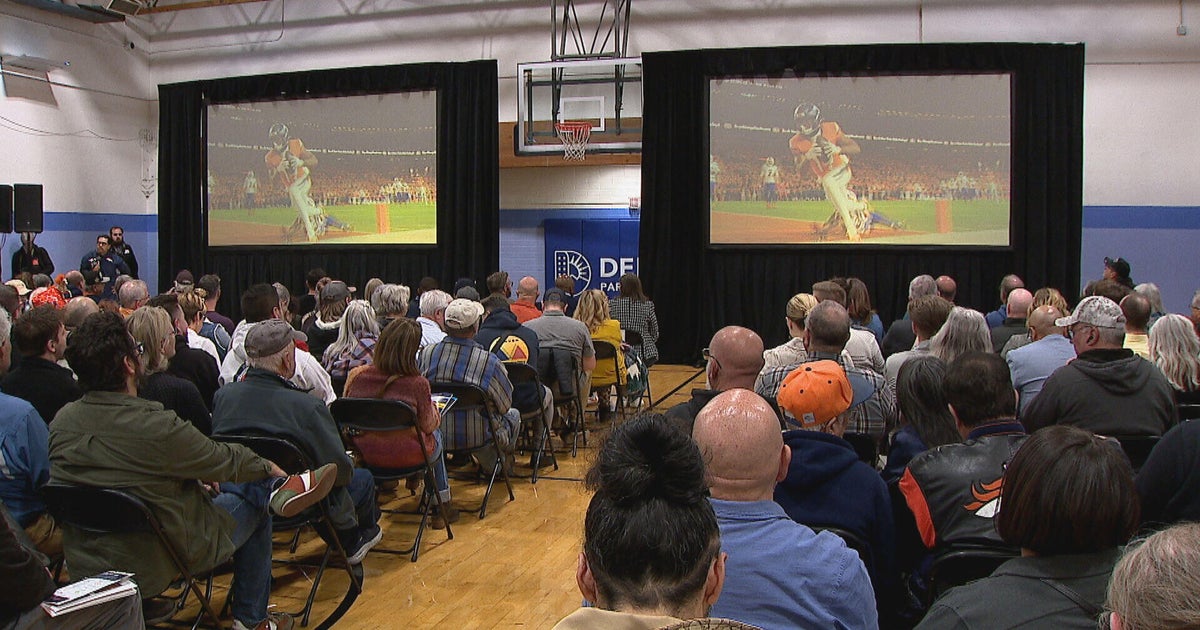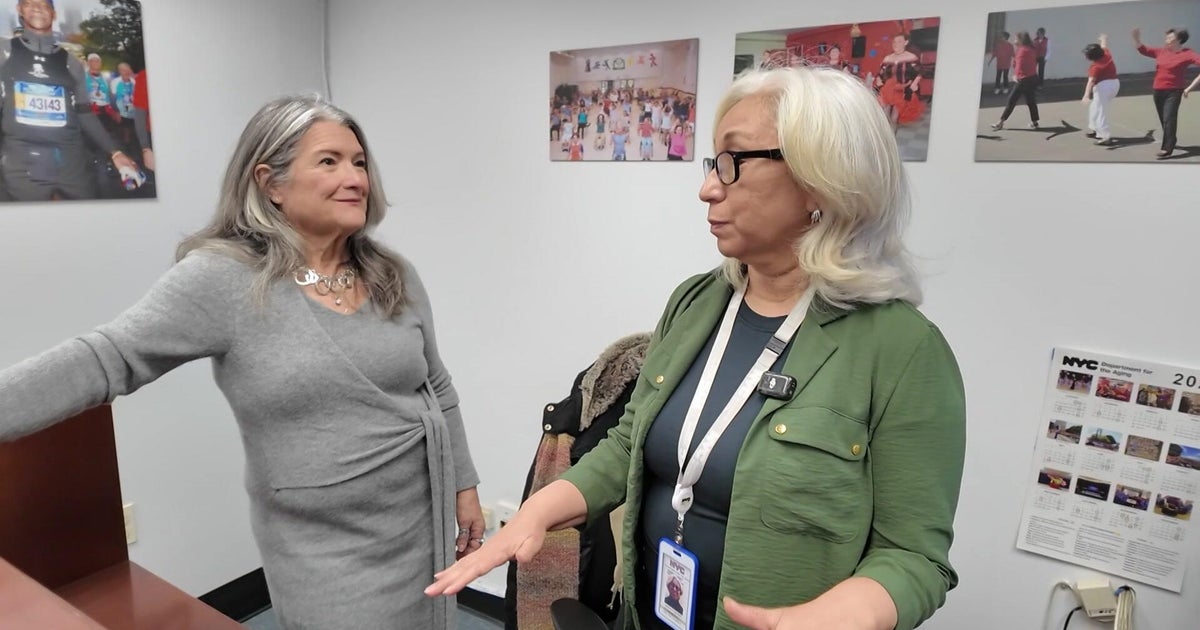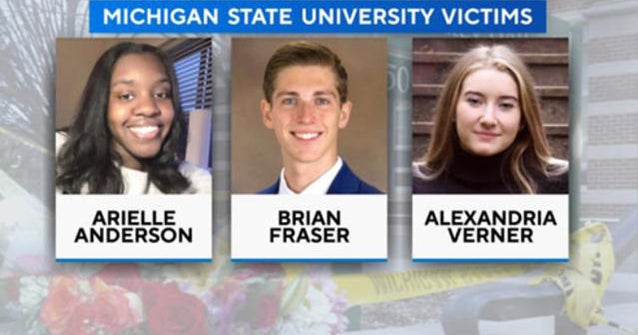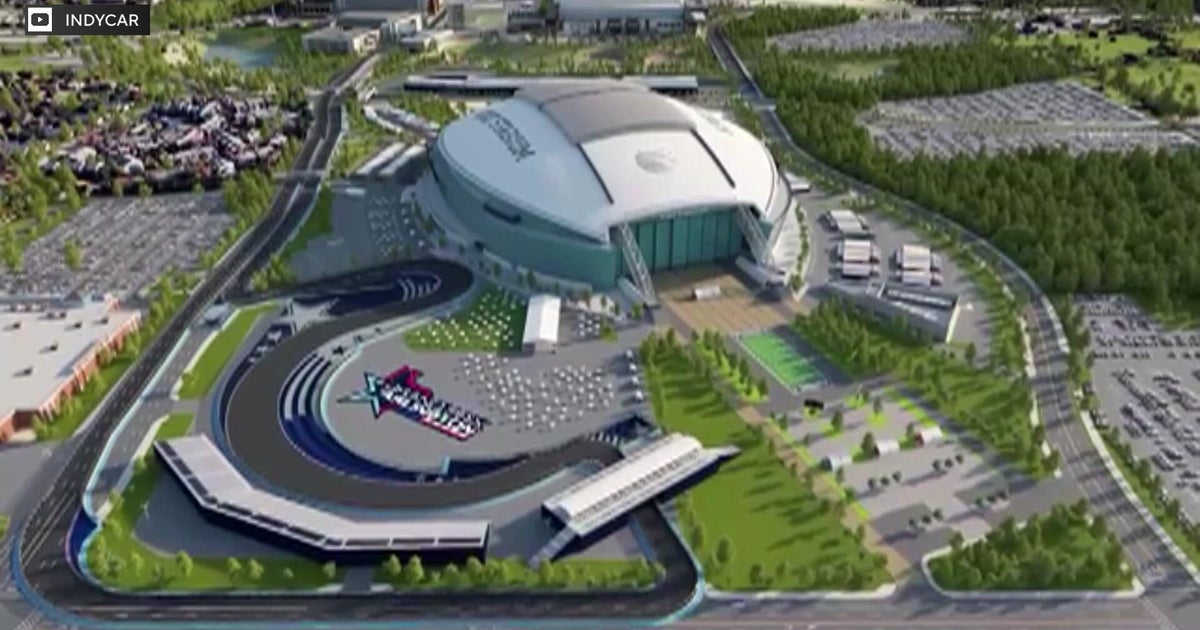Concerns Mount Over Financing Of Cal Stadium Project
BERKELEY (CBS 5) -- A renovated Memorial Stadium on the University of California, Berkeley campus is scheduled to open in September for the Golden Bears' football season. But there are some on campus who question whether the university had adequate funds to finance the project in the first place.
The cost -- more than $470 million for the stadium and an adjacent high performance training facility -- is not what concerns critics the most.
"I feel really sorry for the faculty and students of Cal because there is going to be a huge financial hit a couple of years from now," said Roger Noll, a stadium financing expert and emeritus professor at Stanford University.
Much of the project has been financed with low-interest bonds issued to the university, which was able to qualify for low rates in part due the UC system's ability to use student tuition as collateral.
Moody's, the credit rating service, gave the University of California an Aa-1 credit rating citing the system's ability to increase revenue by raising tuition and admitting more out-of-state students who pay more than in-state students do.
University officials are quick to point out that no money generated from tuition has gone to pay for the stadium or the high performance practice center.
But favorable interest rates and the Intercollegiate Athletic Department's commitment to pay for the project do not assuage the fears of some faculty on campus.
"They are the sacred cow," said computer science professor Brian Barsky, who is frustrated by the athletic department's latitude to spend. "They are permitted to build the biggest structure we've ever seen on this campus."
Barsky, who opposes major spending on athletics, believes the university has made attempts to obscure the truth about how the sports complex is funded and points to a video posted on the school's website last year claiming that the entire project had been funded using private donations.
Official university records detailing a payment plan paint a different picture.
A 2010 university report shows that the athletic department will make payments of nearly $19 million for the first 20 years of the loan; in the following ten years those rates will increase to nearly $50 million.
"They're permitted to do it with borrowed money that they don't even have," Barsky said.
In past years, Intercollegiate Athletics has only been able to cover its own bills by accepting millions of dollars of support from school Chancellor Robert Birgeneau, according to a report prepared by Sandy Barbour, the university's Director of Athletics.
To bankroll the new sports complex, the athletic department and the university have focused most of their fundraising efforts on the Endowment Seating Program, a plan where fans pay $40,000 to $220,000 for the rights to the best seats in the stadium for fifty years.
So far, that fund has just over $35 million cash-in-hand and $145 million in seating contracts to be paid over time, a situation Noll finds unstable.
"At this point, being 15 percent there in terms of cash in the bank and half way there if you get everything you planned from those people who made the down payment, is really scary," Noll said.
University spokesperson Dan Mogulof points to other ways the athletics department will generate future revenue. "We are enhancing it with increased revenue from the Pac-12 media rights," he said, as well as with naming rights and ticket fees. Mogulof adds that the university has a sound financial plan in place for the next 26 years.
Barsky, who has taken much of his personal time to investigate the project, believes the university has been less than transparent. He points to what he believes are attempts made by officials to rewrite history.
The video, which just last year said that the stadium had been financed by private donations, has been removed from the campus website and replaced with a similar one omitting any reference to money.
"I don't know anything about that video," said Mogulof who heads the school's department of public affairs.
When CBS 5 reminded him that his department created and posted the video, he dismissed the video's message on financing. "It was a poor choice of words," he said.
(Copyright 2012 by CBS San Francisco. All Rights Reserved. This material may not be published, broadcast, rewritten, or redistributed.)







